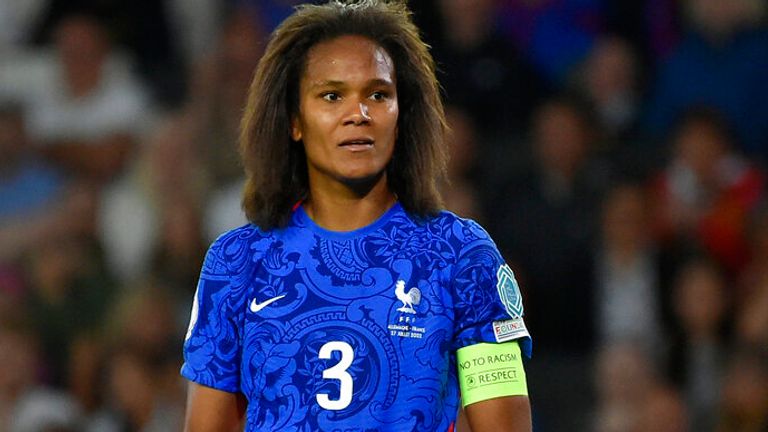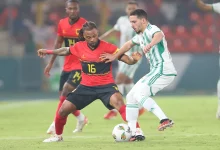
Player protests and high-level resignations are dominating headlines amid a growing sense of reckoning in women’s soccer less than five months before the World Cup kicks off.
Noel Le Graet, president of France’s soccer federation (FFF), resigned on Tuesday, while Canada Soccer boss, Nick Bontis, stepped down a day earlier with those countries’ players embroiled in bitter disputes with their federations.

Canada’s women’s team have vowed to boycott a pre-World Cup camp next month over equal pay and support, while Le Graet faced allegations of harassment. A government ministry audit concluded the 81-year-old, Le Graet, did not have the “necessary legitimacy” for the position.
French women’s coach, Corinne Diacre, is also under fire, and her future may be decided on March 9 by an FFF select committee.
Spain has also been rocked by a revolt by 15 players, who withdrew from selection consideration in protest at Coach, Jorge Vilda.
While the clashes could cast a cloud over the women’s global showcase, which begins on July 23 in New Zealand and Australia, players have vowed their fights are far from over, and some say the recent resignations should be just the tip of widespread changes.
“Bontis’ departure must trigger sweeping change,” Amy Walsh, who played for Canada at the 2008 Olympics and earned 102 caps, posted on Twitter. “It’s not enough.
“Our athletes – as well as future generations of Canadian footballers – deserve so much better.”
Neither Bontis nor Le Graet, however, are leaving the game. Bontis was named Concacaf Council vice-president (North America) on Saturday, while Le Graet, who has denied all accusations, has reportedly been pegged to lead Fifa’s Paris office.
The turmoil in the two women’s programmes is in stark contrast to their success on the pitch. Canada are the reigning Olympic women’s champions, while France topped their group in World Cup qualifying.
And while the governance battles rage on, female footballers have forged strong bonds – regardless of what country’s colours they wear. When the Canadian women played the recent SheBelieves Cup under protest, they found they had allies in players from around the world.
Both the Americans, who settled an equal pay lawsuit with their federation for $24 million a year ago, and Japanese wore purple tape on their wrists at the SheBelieves Cup, while the US women said in a statement: “Although we are now on the other side of this fight… our counterparts in Canada and elsewhere are experiencing the same pervasive misogyny and unequal treatment that we faced.”
Across the pond, England’s Lionesses wore purple wristbands at the Arnold Clark Cup, to “display their support (for) the Canadian WNT players and for gender equality,” the team said in a tweet.
Canada’s call for equality goes beyond equal pay. Forward, Janine Beckie, who was in Qatar for last year’s men’s World Cup as part of Canada’s broadcast crew, saw the “disgusting” discrepancy between the two programmes.
She cited as an example that the Canadian men’s team staff was twice the size of the women’s.
“I think we’ve been fighting blindly not knowing what our federation was capable of in terms of support, and then we were all witnesses to what our men’s team received,” said longtime, captain Christine Sinclair.
Canadian midfielder, Sophie Schmidt, told media through tears in Orlando that she nearly quit over shoddy treatment from their federation, but Sinclair and Coach, Bev. Priestman, convinced her to reconsider.
France’s team captain, Wendie Renard, said last week she would not play at the World Cup as long as Diacre is in charge.
Fellow French internationals Marie-Antoinette Katoto and Kadidiatou Diani have also said, they were taking a step back from the national team.
Spain’s 15 players declared themselves unavailable, saying in a statement that playing “significantly” affected their “emotional state.”
The federation replied saying that it wouldn’t tolerate any pressure from players. —Reuters




